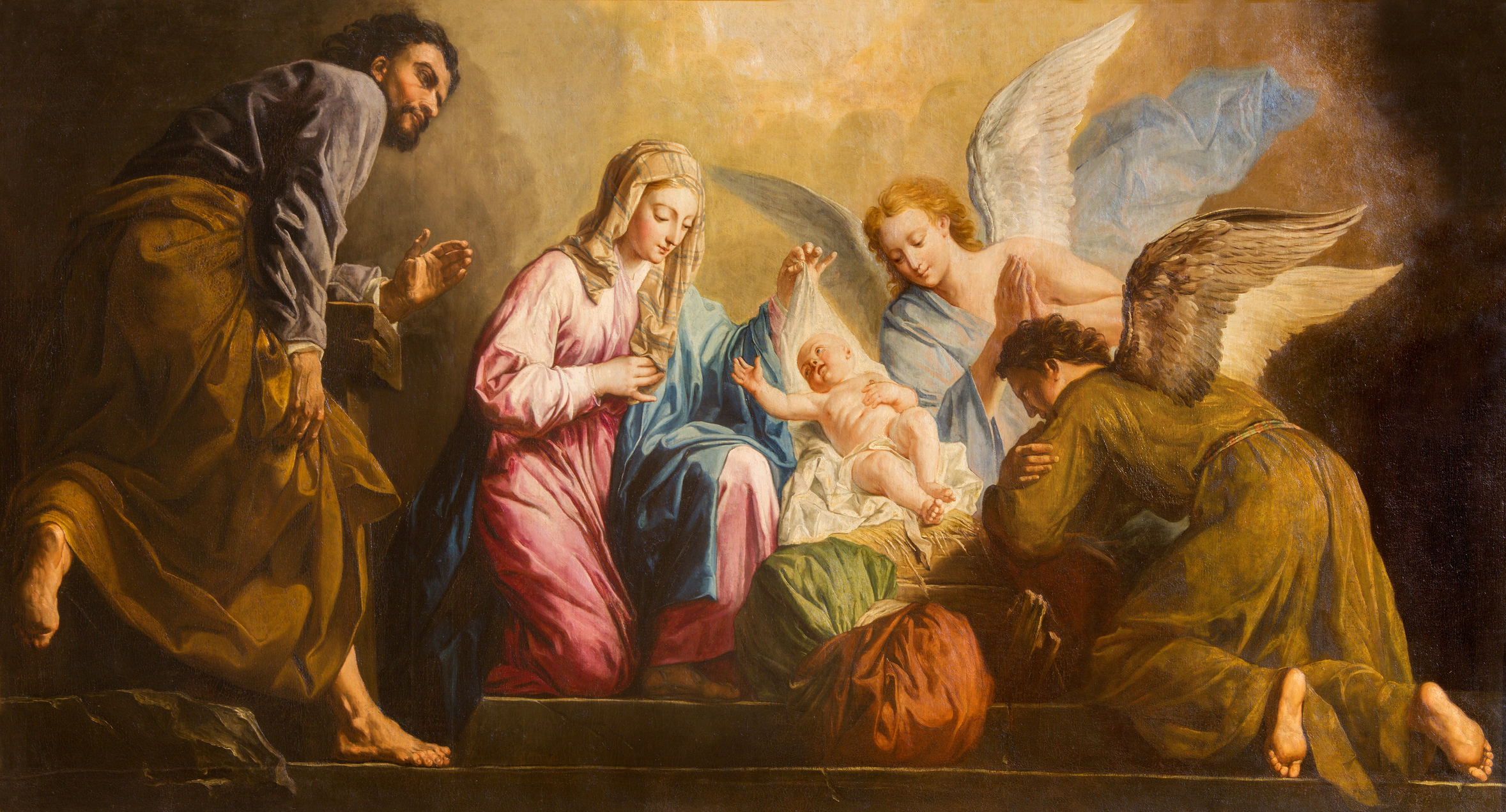Merry Christmas Around the World – 2022

Christmas is about Peace and spreading love not hate. Let’s just love each other this holiday!
On behalf of F.P.E.C.C. I would like to wish you all a very Merry Christ Mass and a Happy New Year.
Every Blessing and Merry Christmas Around the World!
English – Merry Christmas
Spanish – ¡Feliz Navidad!
French – Joyeux Noël!
German – Frohe Weihnachten!
Italian – Buon Natale!
Portuguese – Feliz Natal!
Romanian – Crăciun Fericit!
Russian – Счастливого Рождества! (Schastlivogo Rozhdestva!)
Swedish – God Jul!
Norwegian – God Jul!
Danish – Glædelig Jul!
Finnish – Hyvää Joulua!
Icelandic – Gleðileg Jól!
Polish – Wesołych Świąt!
Dutch – Vrolijk Kerstfeest!
Croatian – Sretan Božić!
Czech – Veselé Vánoce!
Japanese – メリークリスマス! (Merīkurisumasu!)
Chinese – 圣诞节快乐! (Shèngdàn jié kuàilè!)
Korean – 메리 크리스마스! (Meli Keuliseumaseu!)
Latin – Felicem Natalem Christi!
Irish – Nollaig Shona!


Pingback: Merry Christmas Around the World – 2022 – First Pentecostal Evangelical Church Of Canada
Hislop-Two Babylons
How, then, did the Romish Church fix on December the 25th as Christmas-day?
Why, thus: Long before the fourth century, and long before the Christian era itself, a festival was celebrated among the heathen, at that precise time of the year, in honour of the birth of the son of the Babylonian queen of heaven; and it may fairly be presumed that, in order to conciliate the heathen, and to swell the number of the nominal adherents of Christianity, the same festival was adopted by the Roman Church, giving it only the name of Christ. This tendency on the part of Christians to meet Paganism half-way was very early developed; and we find Tertullian, even in his day, about the year 230, bitterly lamenting the inconsistency of the disciples of Christ in this respect, and contrasting it with the strict fidelity of the Pagans to their own superstition.
“By us,” says he, “who are strangers to Sabbaths, and new moons, and festivals, once acceptable to God, the Saturnalia, the feasts of January, the Brumalia, and Matronalia, are now frequented; gifts are carried to and fro, new year’s day presents are made with din, and sports and banquets are celebrated with uproar; oh, how much more faithful are the heathen to their religion, who take special care to adopt no solemnity from the Christians.” Upright men strive to stem the tide, but in spite of all their efforts, the apostacy went on, till the Church, with the exception of a small remnant, was submerged under Pagan superstition.
That Christmas was originally a Pagan festival, is beyond all doubt. The time of the year, and the ceremonies with which it is still celebrated, prove its origin.